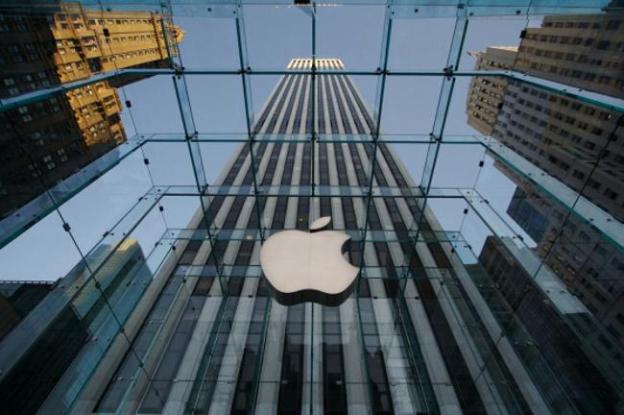
It’s hard to argue that in this day of super connectivity, the biggest hot-button issue is privacy. The National Security Agency blowout is the latest controversy. Whether people agree or disagree with the NSA practices in question — secretly keeping track of U.S. residents’ phone and Internet activity — major digital companies are coming forward to publicly let their customers know just what their involvement with the whole ordeal was. Facebook and Microsoft came clean and today Apple issued a press release disclosing its participation.
The Cupertino, California company maintains that it does not allow any government agency direct access its servers, and that if information about its customers is requested, an official court order must be presented before any information is released. With the thumbs up from the U.S. government, Apple was able to reveal how much info it gave up.
In the six-month period from December 1, 2012 through May 31 of this year, between 4,000–5,000 official requests were received. Apple handed over official data from 9,000–10,000 customer accounts, or devices. These requests came from a variety of government levels: local, state, and federal. Apple said that that the most common request involved “robberies and other crimes, searching for missing children, trying to locate a patient with Alzheimer’s disease, or hoping to prevent a suicide.”
After a request is received, Apple said its legal team then conducts an internal evaluation and, if deemed appropriate, will release the information, but it always gave as little information as possible. To boot, if the request is found to be suspect, Apple says it will refuse to release anything. To help put its customers’ worries at ease, it also clarified that much of the most personal usage can’t even be shared. “Conversations which take place over iMessage and FaceTime are protected by end-to-end encryption so no one but the sender and receiver can see or read them. Apple cannot decrypt that data. Similarly, we do not store data related to customers’ location, Map searches or Siri requests in any identifiable form.”
According to CNET, Facebook’s disclosure indicated 9,000–10,000 requests, affecting between 18,000–19,000 accounts; Microsoft received fewer requests — between 6,000 and 7,000 — but that they impacted some 31,000–32,000 customers. Google is said to be working on a similar disclosure of information, but says its report will be more detailed.

